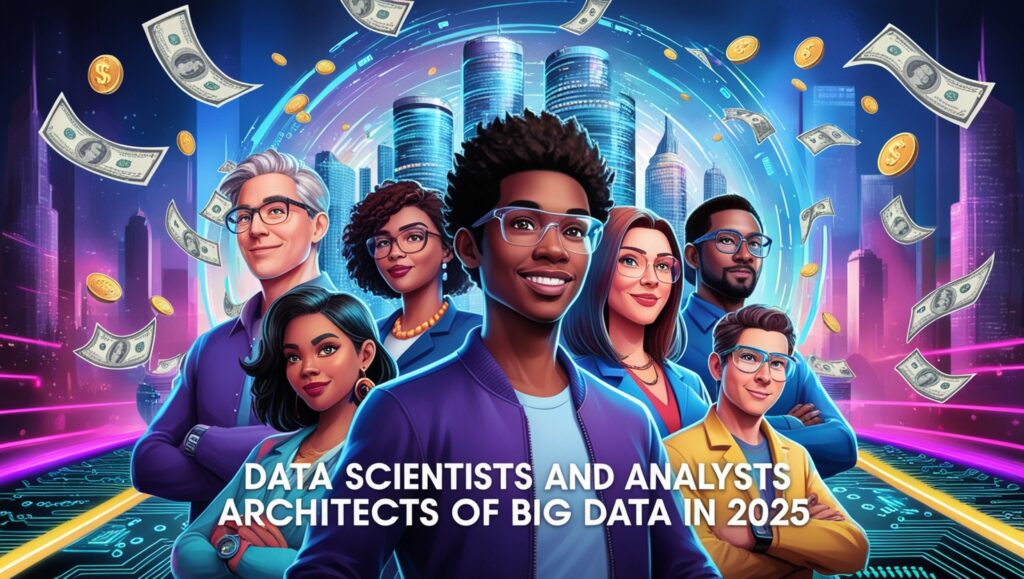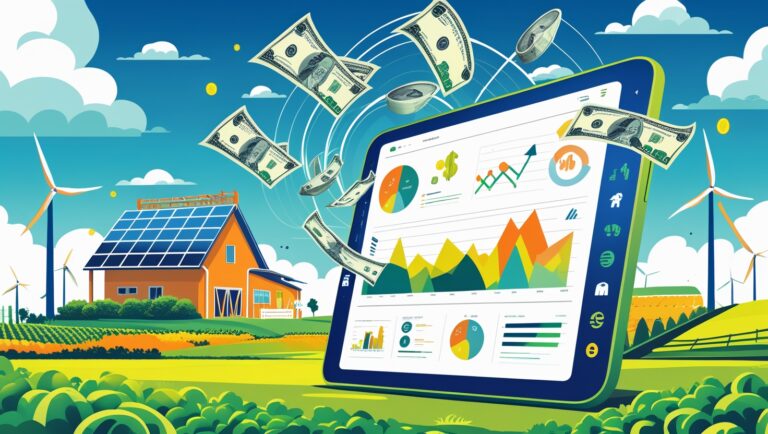Data Scientists and Analysts: The Architects of Big Data in 2025

In 2025, the realm of data science and analytics has solidified its role as a cornerstone of innovation and decision-making. These professionals, often referred to as the “architects of big data,” are navigating an era where data is not just a resource but the lifeblood of industries worldwide.
The Expanding Role of Data Scientists and Analysts
In 2025, the scope of a data scientist or analyst extends beyond traditional number crunching. They now lead initiatives that shape organizational strategies, optimize processes, and predict future trends. This evolution is driven by:
- Real-Time Decision Making: The integration of advanced tools and IoT devices enables instant analysis, empowering businesses to make timely and impactful decisions.
- Interdisciplinary Expertise: Data professionals are increasingly required to combine skills in computer science, business, and domain-specific knowledge to deliver actionable insights.
- Ethical Data Practices: As data regulations tighten, professionals are tasked with ensuring compliance and ethical data use, balancing innovation with privacy.
Technologies Driving Big Data in 2025
Several emerging technologies have transformed how data scientists and analysts operate:
- Artificial Intelligence (AI) and Machine Learning (ML): AI and ML models are now integral for uncovering patterns, automating tasks, and enhancing predictive accuracy.
- Quantum Computing: This breakthrough enables the processing of massive datasets with unprecedented speed and efficiency.
- Edge Computing: Data is increasingly processed near its source, reducing latency and enhancing real-time analytics.
- Natural Language Processing (NLP): NLP advancements allow for deeper insights into human behavior and preferences through text and speech analysis.
The Impact of Big Data in 2025
- Healthcare: Data scientists have revolutionized personalized medicine, predictive diagnostics, and patient care optimization.
- Finance: Analysts ensure better risk management and fraud detection through real-time monitoring and analysis.
- Retail: Big data personalizes shopping experiences and optimizes supply chain logistics.
- Environment: Data-driven insights are pivotal for combating climate change, optimizing energy consumption, and ensuring sustainable development.

Skills for the Architects of Big Data
To thrive in 2025, data scientists and analysts must master:
- Advanced programming languages (e.g., Python, R, Julia)
- Proficiency in big data tools (e.g., Apache Spark, Hadoop)
- Data visualization expertise (e.g., Tableau, Power BI)
- Strong grasp of AI/ML and statistical modeling
- Effective communication to translate complex data into actionable insights
The Road Ahead

As the architects of big data, data scientists and analysts will continue to shape industries, societies, and policies. Their ability to harness the power of data ethically and effectively will define the future, making their role indispensable in an increasingly data-driven world.
In 2025, the challenge is not just about analyzing data but architecting solutions that make data a force for good.






